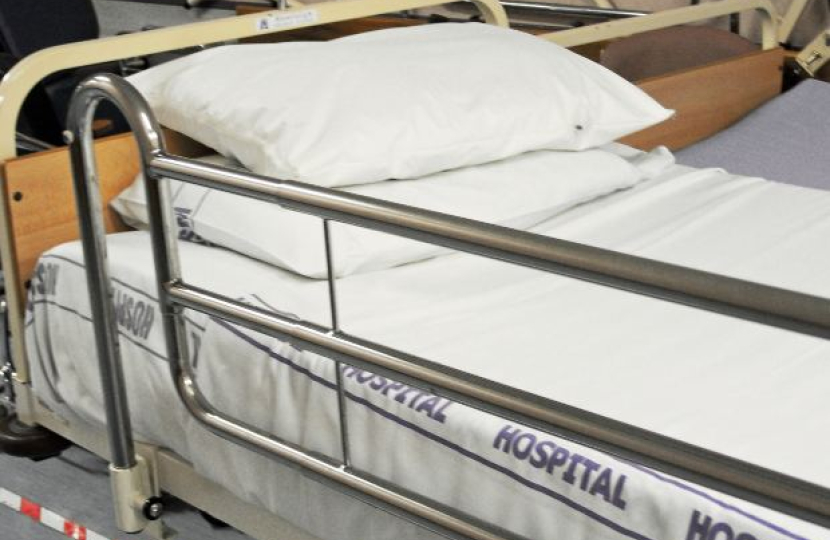
Latest Welsh NHS data for November showed the highest ever number of patients waiting for treatment with 682,279 on patient pathways – over 14,000 more than September – leaving 1-in-5 Welsh people on the waiting list.
Median waiting times for that same month in Wales are nearly double that of England (22.3 weeks compared to 11.5), while 1-in-4 Welsh patients are waiting over a year for treatment, compared to only 1-in-19 in England.
The number of people waiting over two years has jumped over 15,000 in just two months to 42,525. The figures are likely be much worse in the near future as the postponement of elective surgery across several health boards due to the Omicron variant is yet to be counted.
Additional figures showed a third (33.5%) of patients had to wait over the four hour target to be seen in A&E last month, worse than England and Scotland (26.7% and 33%, respectively). This is the second worst month for the Welsh NHS on record. The target to get 95% admittances seen in four hours has never been met in its 12-year existence.
Worryingly for patients here in North Wales, statistics also revealed that Betsi Cadwaladr Health Board was the worst performing in the nation against the four-hour A&E target, seeing only 61% in four hours.
Wrexham Maelor Hospital saw fewer than half its patients (43.4%) in four hours, making it the worst performing in Wales.
Added to this, 8,554 patients waited over 12 hours in Welsh hospitals; and those aged over 85 spent an average of nearly eight hours to be seen in A&E.
When it came to ambulance performance in December, only 51.1% of responses to immediately life-threatening calls arrived within eight minutes. The target of 65% of red-calls reaching their patient within eight minutes has not been reached in 17 months.
The slowest ambulances were in the Hywel Dda health board area with only 42.2% arriving within the eight-minute target, but four other health boards posted a figure under 50%.
Three-in-four (76.9%) amber call patients – which include strokes – took over 30 minutes to be reached. This was most acute in Cwm Taf Morgannwg with only 16.2% of calls arriving within half an hour.
These latest statistics were published on the same day the BBC reported the case of a man who waited four nights on a chair in Cardiff’s University Hospital of Wales after being told to attend A&E to treat a rapidly spreading skin infection. The local health board has since “sincerely” apologised.
Sue Hill, from the Royal College of Surgeons, said: "Already in Wales we had bigger, longer waiting lists per head of population than similar places in England. Every winter I've had to cancel my elective patients because beds on my surgical ward are full of medical patients with chest infections, not Covid, but flu, pneumonia and those things”.
These latest figures lay bare the true scale of the crisis in the Welsh NHS.
NHS staff have been working around the clock during the pandemic and we are all hugely thankful for all their efforts. But the truth is, they are not receiving the support they desperately need from the Welsh Government. We cannot expect hardworking NHS staff to deliver on Welsh Government targets without the necessary resources.
Excessive waits either for treatment or in A&E can be uncomfortable, distressing and unpleasant, especially for the elderly, young children and the chronically ill, it’s high time we made them a thing of the past.
